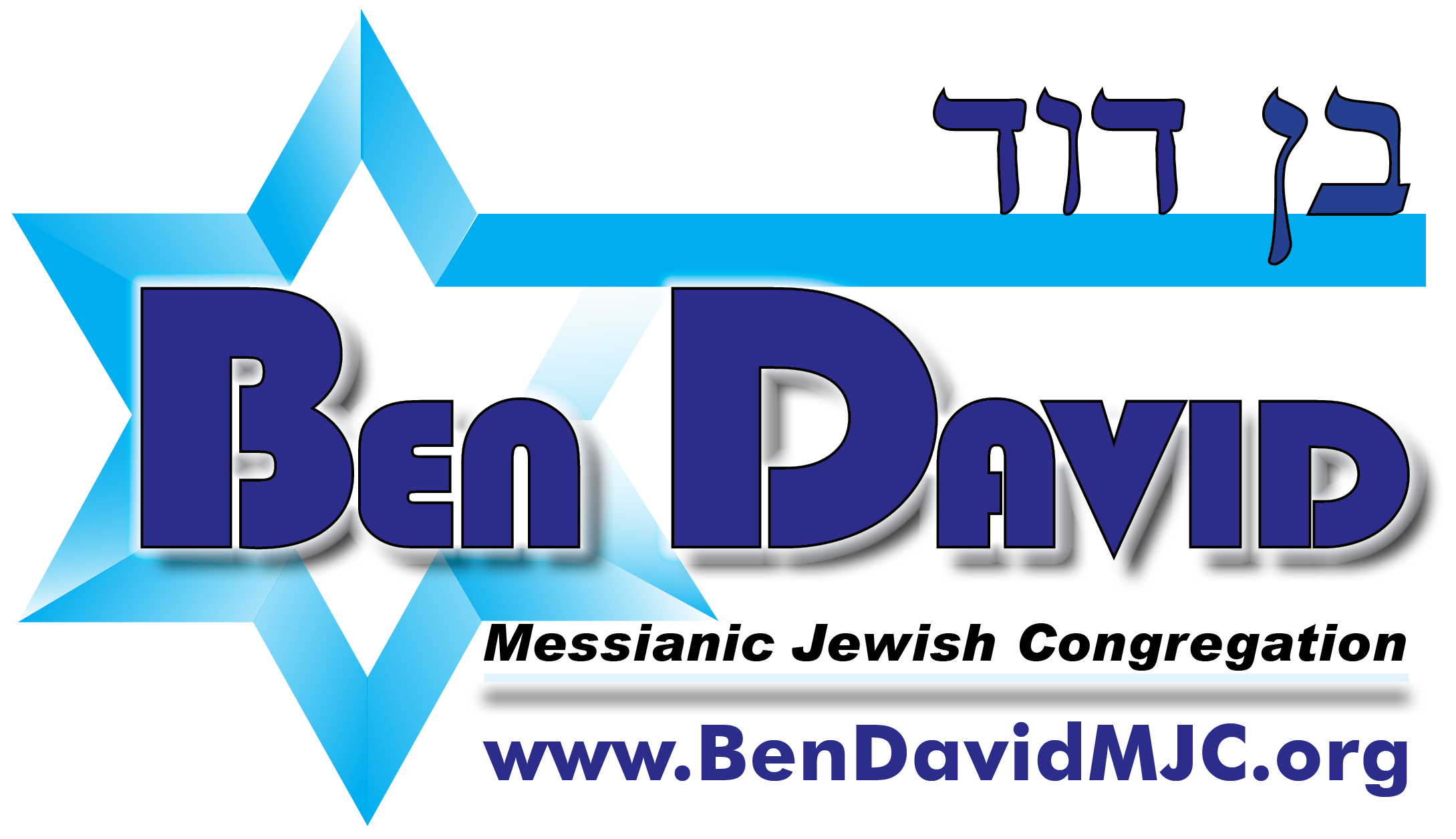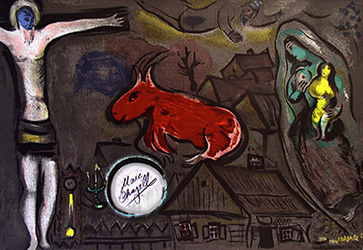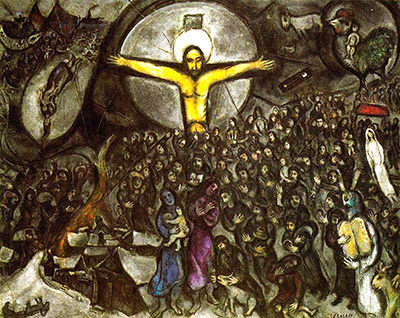Torah: VaYikra (Leviticus) 6:1 – 8:36; Haftarah Shabbat Parah: Ezekiel 36:16-38
Shabbat Parah Adumah
On the Shabbat after Purim, two Torah Scrolls are removed from the Ark. The Sidrah of the week is read from the first, and from the second, the chapter of Parah Adumah, the Red Heifer. The reading of this chapter was instituted for this time of the year because Jews were required to purify themselves coming to Jerusalem for the pilgrimage festival of Passover.
Bamidbar 19:1-9: "This is the statute of the Torah which the LORD has commanded, saying, ‘Speak to the sons of Israel that they bring you an unblemished red heifer in which is no defect, and on which a yoke has never been placed. And you shall give it to Eleazar the priest, and it shall be brought outside the camp and be slaughtered in his presence. Next, Eleazar the priest shall take some of its blood with his finger, and sprinkle some of its blood toward the front of the tent of meeting seven times. Then the heifer shall be burned in his sight... Now a man who is clean shall gather up the ashes of the heifer and deposit them outside the camp in a clean place, and the congregation of the sons of Israel shall keep it as water to remove impurity; it is a purification from sin.’"
This passage is about the purification from sin for the entire nation of Israel, not as a community - that was the scapegoat, the Azazel, of Yom Kippur - but as individuals as they were coming to the Temple. The ritual was performed continuously until the destruction of the Temple in Jerusalem in the year 70 C.E. Therefore, the nation of Israel has not performed this Mosaic ritual for almost 2000 years. Were the Jews not able to remove impurity from sin in this period of time? Was God’s commandment annulled? Or was there an event that fulfilled all God’s requirements for the purification from sin?
Indeed, all these sacrifices that the Torah speaks about are images of Yeshua’s substitutionary sacrifice on the cross. His sacrifice fulfilled their meaning and replaced them all, and not only it is all sufficient to remove the impurity from sin, but it is the only sacrifice that can remove the guilt of sin once and for all. With the advent of Moshiach the Mosaic system of sacrifice was over, we have been purified by His shed blood instead that of the bulls, thus the validity of God’s commandment given in the Torah remains - man's purification from sin can be done only by a blood sacrifice.
"Give thanks to the Lord for He is Good"
Parashah Tzav continues to discuss the offerings mentioned in the previous chapters: elevation-offering, meal-offering, peace-offering, sin-offering, and guilt-offering, however, this Torah portion speaks of these offerings as they relate to Aharon and his sons:
“The LORD spoke to Moshe, saying: ‘Command Aharon and his sons...” Vayikra (Leviticus) 6:1, and adds the teachings of a new offering, the inauguration-offering. These offering were divided into two-parts. One part to be a fire offering of a satisfying aroma to the LORD, and another part was to be eaten by the Kohanim, the ones performing the offering, that is because the Levites were to work only in the Temple and had no land inheritance to sustain themselves.
Among all these offerings there was a unique one, the peace-offering. The peace-offering could have been either a thanksgiving-offering or a feast-offering. What was interesting about the thanksgiving-offering was that it had be an offering of three elements: unleavened bread, leavened bread, and a blood offering. The instruction for this thanksgiving-offering was that it must be eaten completely on the day of its offering and not leave any of it until morning.
"And this is the Torah of the sacrifice of peace offerings, which he shall offer to the LORD. If he offers it for a thanksgiving [todah], then he shall offer with the sacrifice of thanksgiving unleavened cakes mixed with oil, and unleavened wafers anointed with oil, and cakes mixed with oil, of fine flour, fried. Besides the cakes, he shall offer for his offering leavened bread with the sacrifice of his peace offerings for thanksgiving. And from it he shall offer one out of each offering for an offering to the LORD, and to the kohen who sprinkles the blood of the peace offerings. And the meat of the sacrifice of his peace offerings for thanksgiving shall be eaten the same day that it is offered; he shall not leave any of it until the morning." Vayikra (Leviticus) 7:11-15
From this passage the sages taught that giving thanks to God is a daily activity; never let a day pass without giving thanks to Him. The symbolism of the two kinds of loaves is that the worshiper recognizes that he owes everything - his food and his well-being - to God, but that the unleavened bread, the matzah, symbolizes the worshiper's rededication to God, as matzah is a symbol of a life without sin. The sages also taught that after the coming of Messiah and the perfection of the world – a new heaven and a new earth – there will be no further need for atonement offerings because people will no longer sin, but that there will always be thanksgiving-offerings. People will thank God because they will realize that everything that God does is ultimately good.
But we know that Messiah already came and even though the world is not perfect yet because God gave it more time to repent, we as believers should take courage that everything that happens in our lives is ultimately for our own good because Yeshua did not come to shed His blood and then left us to fend for ourselves.
“We know that all things work together for good for those who love God, to those who are called according to His purpose... If God is for us, who can be against us? He who didn't spare His own Son, but delivered Him up for us all, how would He not also with Him grant us all things?” Romans 8:28-32
Therefore, let’s all give thanks to God for sending Messiah to atone for us,
“Give thanks to the LORD, for He is good;
For His lovingkindness is everlasting...
Who can speak of the mighty deeds of the LORD,
Or can show forth all His praise?”
Tehilim (Psalms) 106:1,2
Shabbat Shalom.



